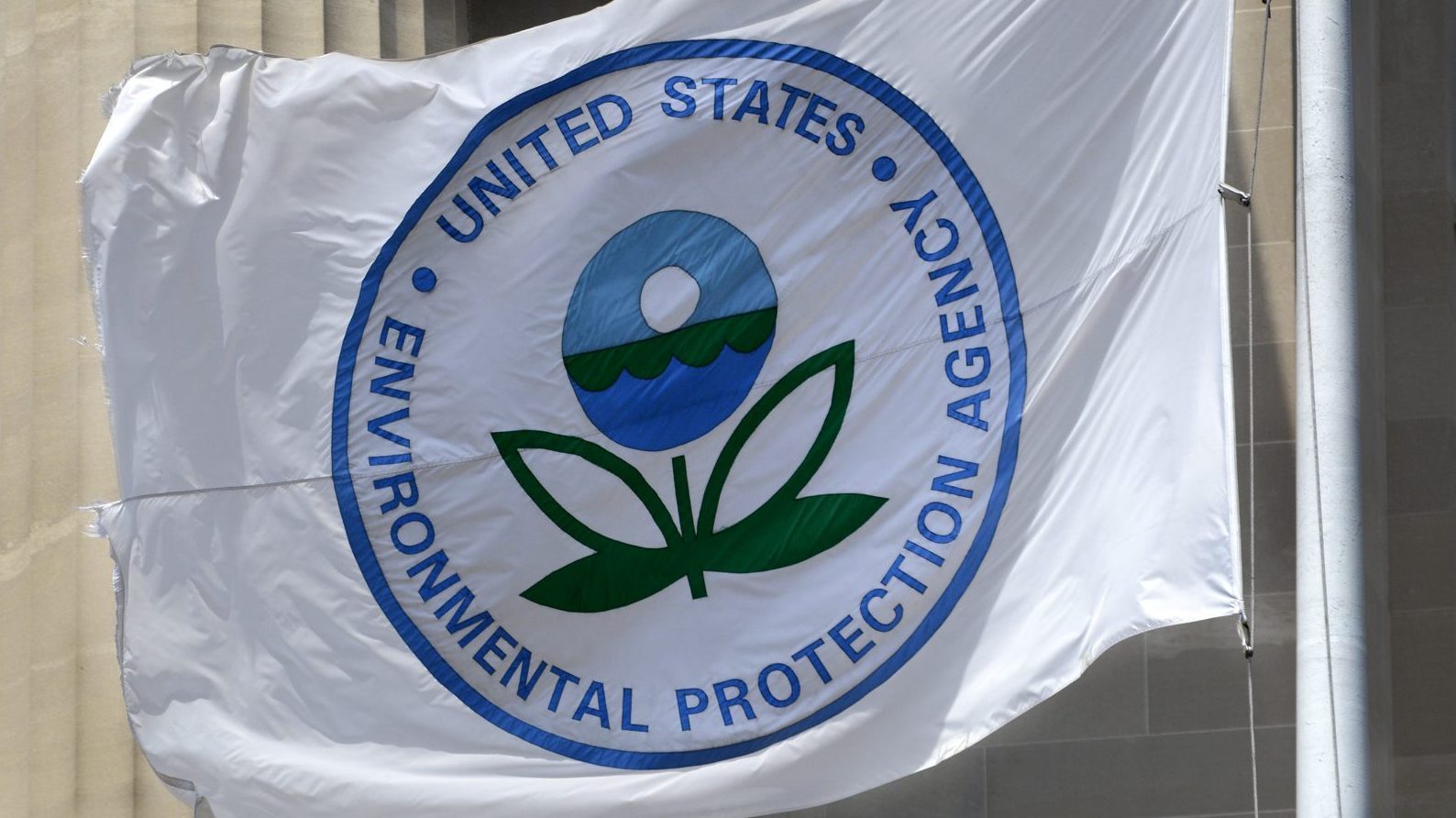Former President Donald Trump will forever leave his mark on the federal government, but some of his administration’s rules aren’t standing the test of time. President Biden wants to reconsider and possibly scrap more than 100 anti-environmental actions his predecessor took during his term, including Trump’s efforts to weaken protections for migratory birds and gray wolves and loosen regulations on pesticides, oil and gas drilling, and appliances. That could take years, but the process has already begun. And Biden is getting an assist from courts.
On January 19, the U.S. Court of Appeals for the District of Columbia Circuit rejected Trump’s rollback of emissions regulations for coal-fired power plants, ruling that Trump’s rule replacing the Obama administration’s Clean Power Plan “hinged on a fundamental misconstruction” of the Clean Air Act. Last Friday, a three-judge panel on the D.C. Circuit Court found that parts of Trump’s rollback of ozone pollution laws were illegal. The judges found that elements of Trump’s policy “contravene the statute’s unambiguous language,” and “rests on an unreasonable interpretation of the statute.”
On Monday, a federal court in Montana dealt another blow to Trump’s industry-friendly environmental legacy. U.S. District Judge Brian Morris, an Obama appointee who was a thorn in Trump’s side for much of his presidency, vacated the Trump administration’s so-called “secret science” rule that limited the kinds of studies the Environmental Protection Agency could use to craft its policy.
The rule, which was finalized just two weeks before Biden took office, would have required researchers to disclose the underlying data from their health studies, like medical records, before the government could use the studies’ conclusions as evidence in its rulemaking. Researchers typically do not disclose this data in order to protect the privacy of their human subjects. Many health studies rely on anonymized health data, and federal agencies have been using their findings to inform policy for decades.
“By shining light on the science we use in decisions, we are helping to restore trust in government,” former EPA administrator Andrew Wheeler wrote in an op-ed in the Wall Street Journal in January.
Environment groups didn’t agree. Last month, the Environmental Defense Fund, the Montana Environmental Information Center, and Citizens for Clean Energy challenged the rule in court, arguing that the Trump administration misclassified the rule in its rush to finalize it before Trump left office. Morris sided with the environmental groups and said that Trump’s EPA had acted out of order by issuing the rule as though it were procedural rather than substantive. It’s now up to Biden’s EPA to reconsider the rule.
“The ‘censored science’ rule was one of the Trump administration’s most brazen efforts to undermine the scientific foundations of regulatory policy,” Richard Revesz, director of the Institute for Policy Integrity at New York University, said in a statement on Monday. “Today, the Trump anti-science effort, which had been opposed by the leadership of major scientific organizations, was quickly dispatched.”


